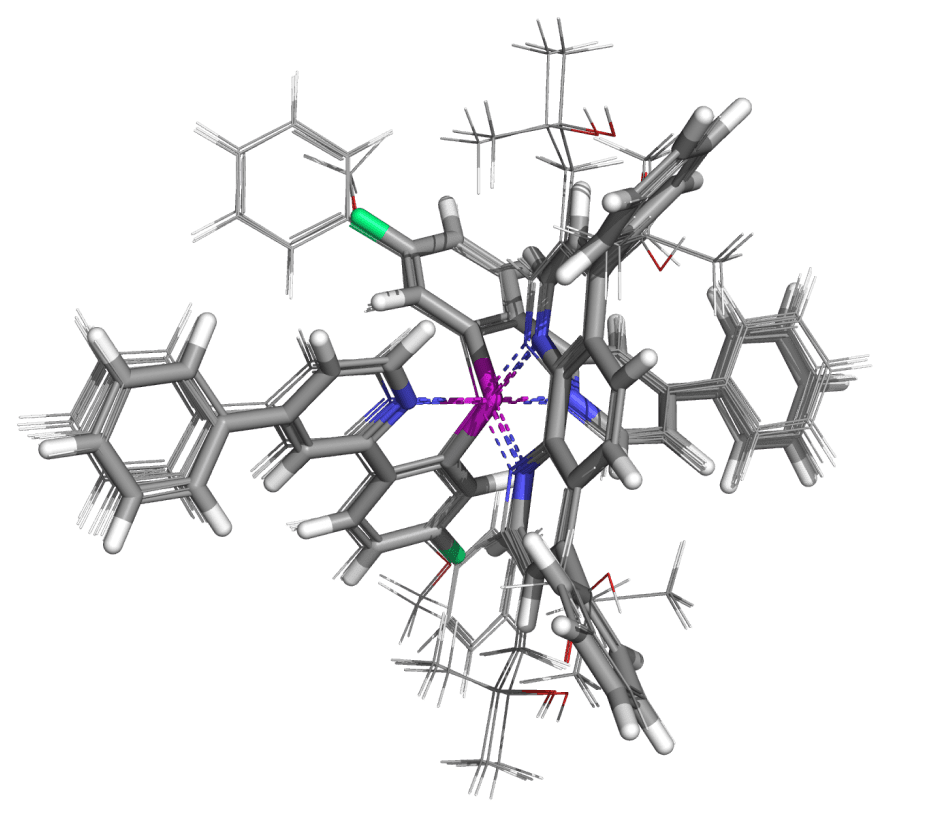MS Informatics
Efficient machine learning model builder for materials science applications

Efficient machine learning model builder for materials science applications

MS Informatics provides machine learning (ML) and featurization tools for organic and organometallic molecular materials, polymers, and inorganic solid materials to assist informatics-based materials research. By combining physics-based featurization with customized pre-built ML models, users can take advantage of speed of data-driven approaches in addition to the generalizability and accuracy of physics-driven methods.
Discover how Schrödinger technology is being used to solve real-world research challenges.
Get more from your ideas by harnessing the power of large-scale chemical exploration and accurate in silico molecular prediction.

Learn more about the related computational technologies available to progress your research projects.
Quantum mechanics solution for rapid and accurate prediction of molecular structures and properties
Automated, scalable solution for the training and application of predictive machine learning models
Integrated graphical user interface for nanoscale quantum mechanical simulations
Browse the list of peer-reviewed publications using Schrödinger technology in related application areas.
Level up your skill set with hands-on, online molecular modeling courses. These self-paced courses cover a range of scientific topics and include access to Schrödinger software and support.
Learn how to deploy the technology and best practices of Schrödinger software for your project success. Find training resources, tutorials, quick start guides, videos, and more.